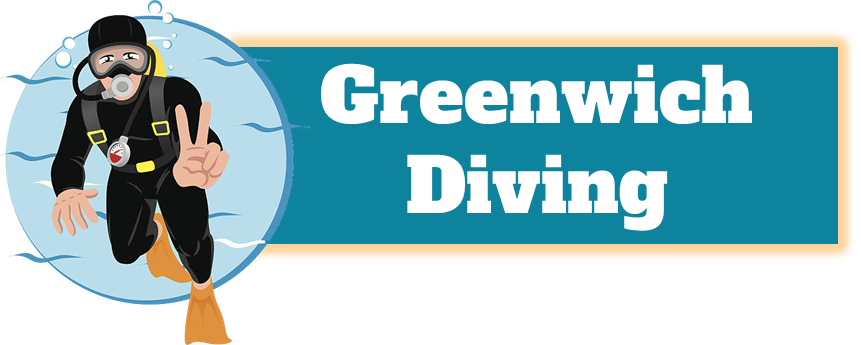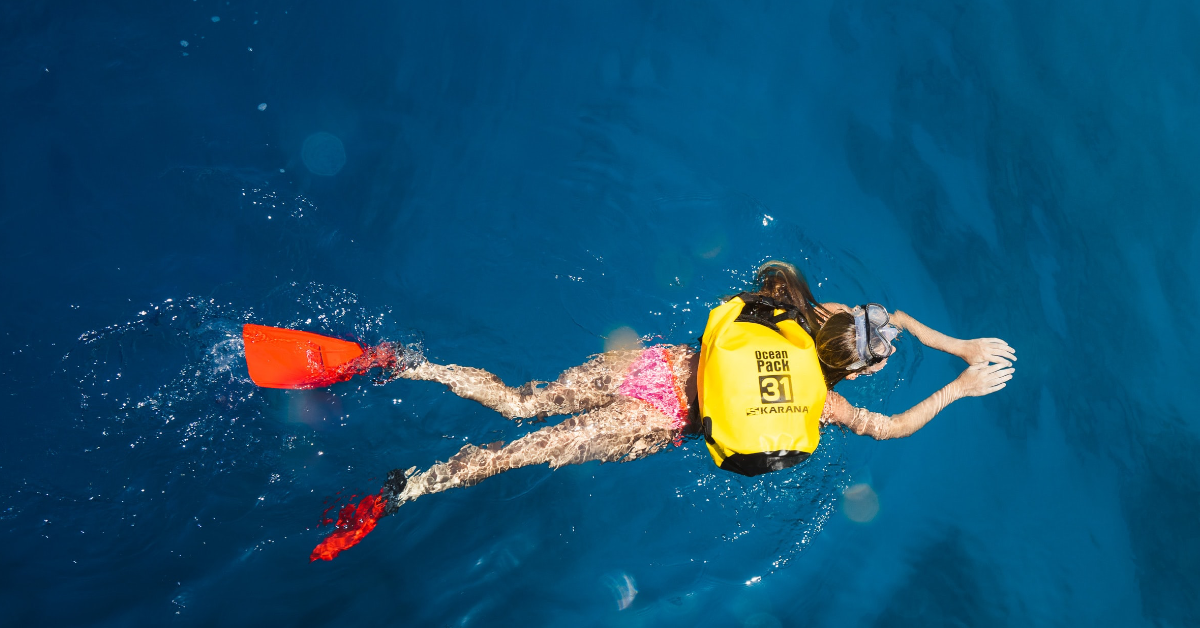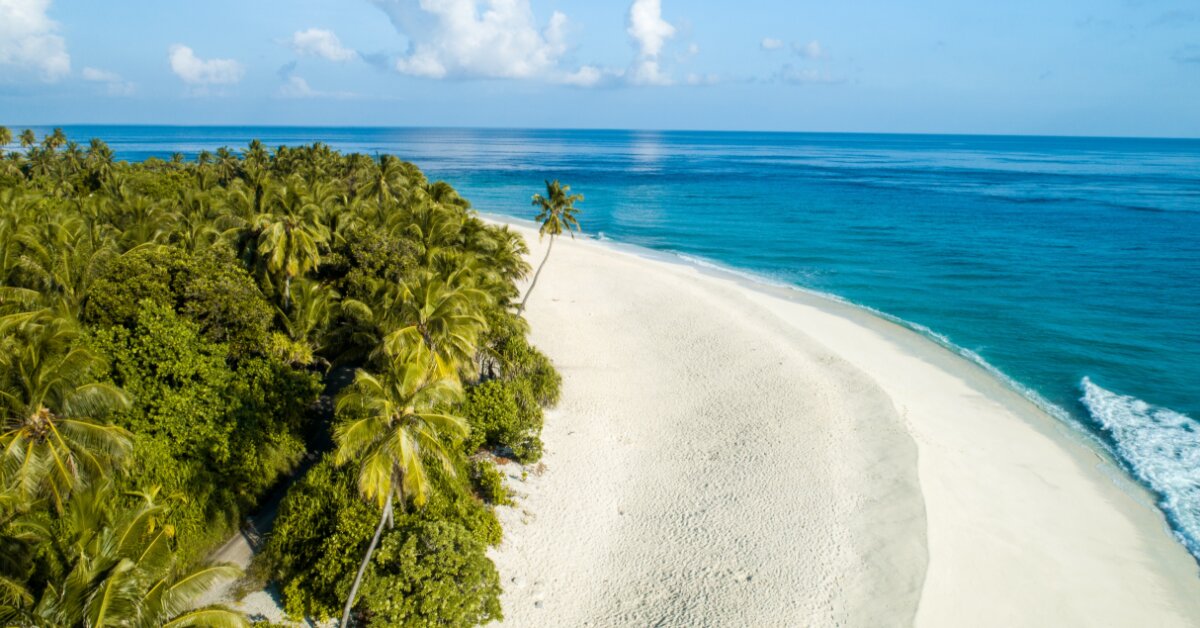Scuba diving is a well-known sporting game. Scuba means “Independent Underwater Breathing Apparatus.” When divers scuba dive, they go submerged at depths up to 130 feet. They inhale through a mouthpiece that is connected to a tank of compacted air.
Scuba-certifying offices offer preparation for divers, from newcomers to specialists. Three offices that offer confirmation courses are the Professional Association of Diving Instructors (PADI), the National Association of Underwater Instructors (NAUI), and Scuba Schools International (SSI). Fundamental courses include classroom instructions just for training preparations in pools and open water settings. You can get affirmed in just 5 open water jumps. This permits you to lease diving equipment, refill tanks, and dive without supervision. Anyway, most offices suggest you take a dive in a friendly environment framework, a gathering of 2 or 3 divers.
Some health-related questions you should ask your expert instructors or medical specialists:
- What medical issue keeps me away from scuba diving?
- What medicines would I be able to take while I’m scuba diving?
- How would it be advisable for me to respond after I feel sick after scuba diving?
Path to Scuba Safety and Wellness
Most extreme diving-related wounds and deaths happen to new divers. Or even to them who go beyond their preparations or experience. Dive inside the constraints of your experience and level of preparations, to get protected. Never attempt a jump you’re not happy or comfortable with.
Great principles to follow for safe divings which include:
- Never dive without a buddy partner or a trainer.
- Never dive if you have a cold or are clogged in your ears or nose.
- Continuously plan your dive, and consistently dive according to your arrangements.
- Actually, keep a check on your diving gears to ensure it works. Utilize the right stuff that can deal with your arranged dive.
- Try not to drink liquor or ingest medications prior to divings.
- Ask your doctor what prescriptions are safe to use when diving.
- Ask your primary care physician what diving can mean for your wellbeing. It very well can be dangerous if you have specific medical conditions.
- Come out as comfortable with the submerged region and its risks. Realize which fish, coral, and different risks you should try not to get any injury. Know about nearby tides and flows too.
- Comply with all diving guidelines. As you dive, ensure you level your ears and mask. At depth, stay inside the boundaries of the diving tables and Computers. This data assists you with staying away from decompression ailments.
And…
- Never pause your breathing while at the same time rising. Your rising ought to be slow and your breathing ought to be ordinary.
- Never get scared while submerged. In the event that you become confused or anxious during a dive, stop, attempt to unwind, and thoroughly consider the issue. Request help from your dive amigo or divemaster.
- Cave divings are extremely hazardous. Just jumpers with appropriate preparation and having exact devices should endeavor it.
- In the event that you don’t feel good or then again in case you are in torment in the wake of diving, go to the closest trauma center immediately.
- Try not to fly for 12 hours after a no-decompression dive, even in a compressed plane. If your dive requires decompression stops, don’t fly for somewhere around 24 hours at least.


